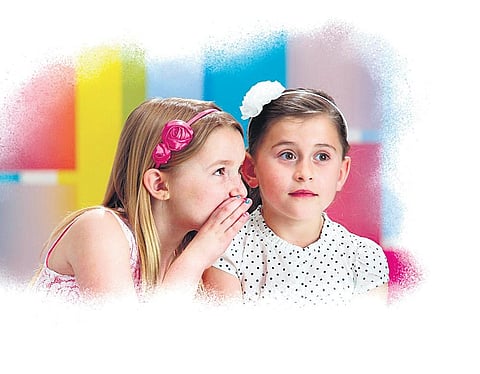

BENGALURU: Industrial noise exposure and ‘gadget-abuse’ induced hearing loss are significantly increasing the incidence and hence prevalence of deafness in the past few decades. Lately, we see a number of young adults with significant high frequency hearing loss from constant exposure to loud music (personal stereos, party music), use of head/ear phones for several hours (call-centres, software engineers) and perhaps even abuse of cellphones. Big-city dwelling also by default increases the exposure to its noise pollution in the form of blaring traffic noise, loudspeaker menace, and construction work and so on.
There are a multitude of reasons for hearing loss, genetic, consanguineous marriages (marrying a blood relative), perinatal difficulties and infections, congenital malformations and syndromes, postnatal infections, meningitis, jaundice and so on. In the older age groups, infections, tumours and age-related deafness (presbyacusis) are some of the causes. When hearing loss becomes disabling, we have no choice but to look for deafness alleviation in the form of surgeries (if the disease is surgically amenable and hearing can be restored), hearing aids for mild/moderate and moderately-severe deafness and if considered a candidate, a cochlear implant for severe to profound deafness. A cochlear implant is a man-made device that has completely replaced a special sense organ.
More than 5 lakh children world over and nearly 35,000 in India (estimate) have benefited with this technology thus far. It is believed more than 2 million children are waiting to receive a cochlear implant in India. More than a dozen state governments and the Government of India under the Ministry of Social Justice (Assistance to Disabled Persons ADIP Scheme) have included cochlear implants in their health budgets. Hearing health-care professionals in the country are working assiduously to increase awareness of Universal New-born Hearing Screening (UNHS) and the benefits of early intervention where a deaf-born child receiving a cochlear implant within the year would develop speech and language as his/her normal hearing peers and hence can get into mainstream schooling.
Certain dos and don’ts
Get hearing checked at birth: Every child born in the country should get a simple hearing test done called Oto-Acoustic Emissions that would tell us if it is a ‘Pass’ or ‘Refer’
Eat good high protein food, exercise well, sleep well to prevent infections and stay healthy; remember, its bad air, bad water and bad food that cause disease
The author is MS, DNB, PhD, FRCS, senior consultant, clinical advisor, professor of ENT and Head Neck Surgery, Apollo Hospitals, Bannerghatta Road, Bangalore; President, Cochlear Implant Group of India (CIGI), President, Global Cochlear Implant Access Network (GCIAN)
Constant exposure to traffic noise, loudspeakers and loud music results in hearing loss, especially in young adults
Over 466 million people: Suffering from hearing loss in the world
63 million people: Suffering from significant auditory loss in India
Four in every 1,000 children (live births): Suffering from severe to profound hearing loss (estimate)
Over 1,00,000 babies: Born with hearing deficiency every year in India (estimate)
Hearing: Second-most common cause of disability and top-most cause of sensory deficit, according to National Sample Survey 58th round (2002)